GLOBAL LOGISTICS
Whatsapp: +86 13510290734
Email: op@sz-junqing.com

Fuel costs have been a pain point for the airline industry and international freight forwarders throughout 2022, but air cargo companies have met this challenge with dogged determination.
Expensive fuel is not a new phenomenon, however, according to S&P Global data shared by IATA, a perfect storm of economic and political issues has caused oil prices to continue rising this year before leveling off until early July. Inflation is rising globally in February after the Russian-Ukrainian conflict forced airlines to fly longer routes to avoid Russian and Ukrainian airspace and increase fuel use amid strong demand for capacity due to the pandemic. The latest data from the International Air Transport Association's joint jet fuel price monitoring agency showed that jet fuel prices for the week ended July 15 rose 85.7% from a year earlier to $146.4 a barrel.
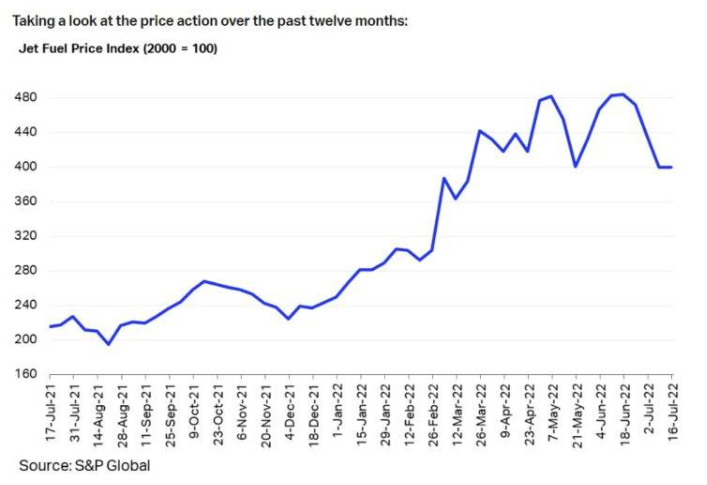
Year-to-date, the average jet fuel price in 2022 is $143.6/bbl, and the impact of jet fuel price developments on the aviation industry’s total fuel bill in 2022 is $134.3 billion.
Alaska Air Cargo made the outstanding decision in June not to impose a fuel surcharge and said its decision remains in effect. The Washington-based airline said it aims to ensure its business is robust by focusing on digitization and investing in freighters — it aims to double its freighter fleet capacity next year and by the end of 2023 There are five all-cargo aircraft in service.
Adam Drewhard, managing director of Alaska Air Cargo, said: "With regard to fuel surcharges, our plans have not changed. The industry and the international freight forwarder have changed dramatically since the outbreak, and the surge in fuel prices has brought the industry Our focus is long-term; by investing in more efficient 737-800 freighters arriving next year, innovating our business through digitalization, and support for SAF fuel, all of which help keep us safe from The impact of fluctuating costs from the environment.”
Dubai-based Emirates Cargo says fuel costs are now the company's biggest expense. Cargo airlines based at Al Maktoum International Airport have been keeping a close eye on fuel prices and using a "scientific and transparent" approach to imposing surcharges.
Matthew Scott, Vice President, Freight Pricing and Intermodal, Emirates Cargo, said: "Fuel costs have more than doubled compared to the same period last year and we are closely monitoring these developments as it is currently the cost of operations for the international freight forwarder. The largest component. The air cargo segment has a fuel surcharge mechanism that helps manage the uncertainty in global oil prices and recover the incremental fuel costs required to run our business in a viable manner. To calculate the surcharge, Emirates The Cargo division monitors 10 markets around the world and calculates the average price per barrel of jet fuel. This is a very scientific and transparent method, published on our website and updated weekly with information from S&P Global Insights ."
The international freight forwarder has also implemented a fuel surcharge and, like Emirates Cargo, it regularly reviews and analyzes the economic impact. International freight forwarder said the surcharge meant that international freight forwarder companies could continue to invest in sustainable aircraft and infrastructure. International freight forwarder explained: "Fuel price changes have less impact on air freight, and fuel costs only account for 3% of the group's total cost base. International freight forwarder charges automatic fuel surcharges for shipments, which are updated monthly. Also in our For other sectors, fuel price changes are automatically accounted for regular freight changes and, if there are significant correlations, are accounted for in customer contracts. We price annually based on inflation and currency dynamics as well as administrative costs related to regulatory and safety measures Adjustment. This adjustment enables the international freight forwarder to further invest in its infrastructure network, strengthening its resilience to the crisis and providing the required capacity growth as customer demand continues to grow. We are also investing across the board in new low carbon Exhaust aircraft, expand the international freight forwarder's green fleet, develop its global network of hubs and gateways and top-of-the-line sorting technology with multiple processing capabilities."
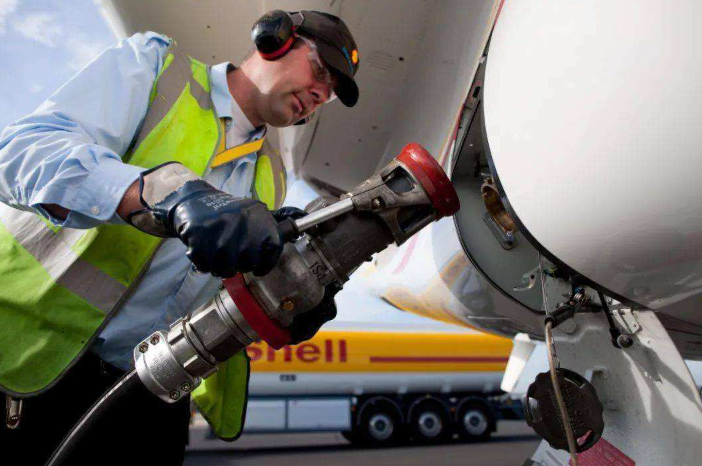
The future of jet fuel prices is uncertain, but SAF fuel looks set to remain the front-runner for long-haul cargo flights as the aviation industry faces decarbonisation pressures, and the air cargo industry faces the challenge of affordable fuel, no matter the type.
Jet Fuel Price Monitoring is an initiative launched by the International Air Transport Association. The index and price data show the global average price paid by refiners for jet fuel for aviation at the reporting date.
Door to Door Shipping from China to UAE
2025-02-25
Although Saudi Arabia has a small population, it has strong purchasing power and supports many Chinese cross-border e-commerce businesses such as jollychic, fordeal, funmart, etc. However, Saudi logistics is a very troublesome problem. This article will i
2022-07-07

More →
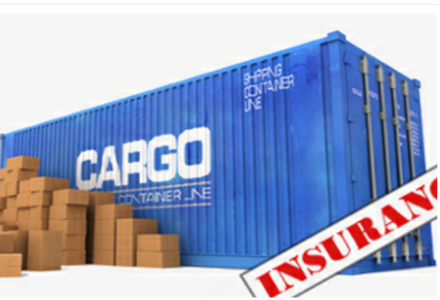
More →
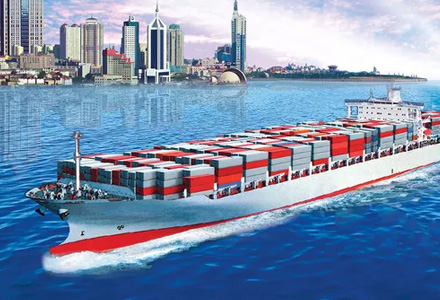
More →
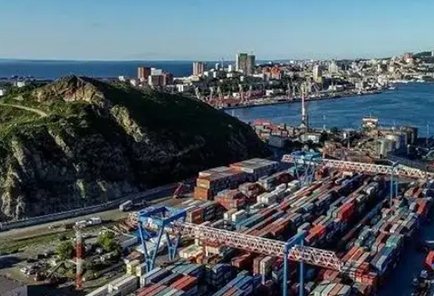
More →
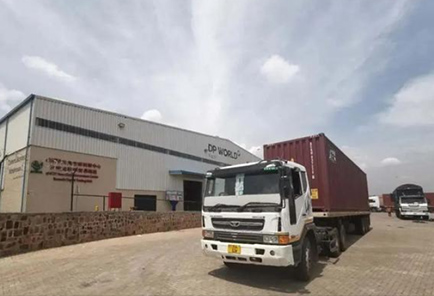
More →
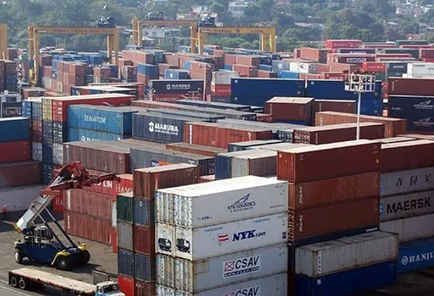
More →
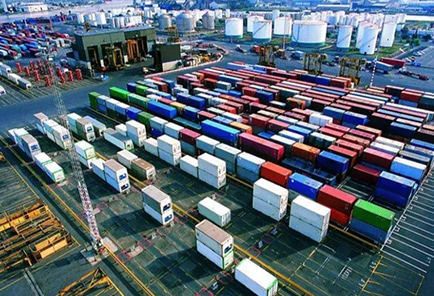
More →